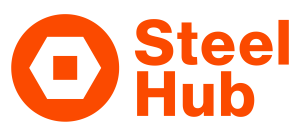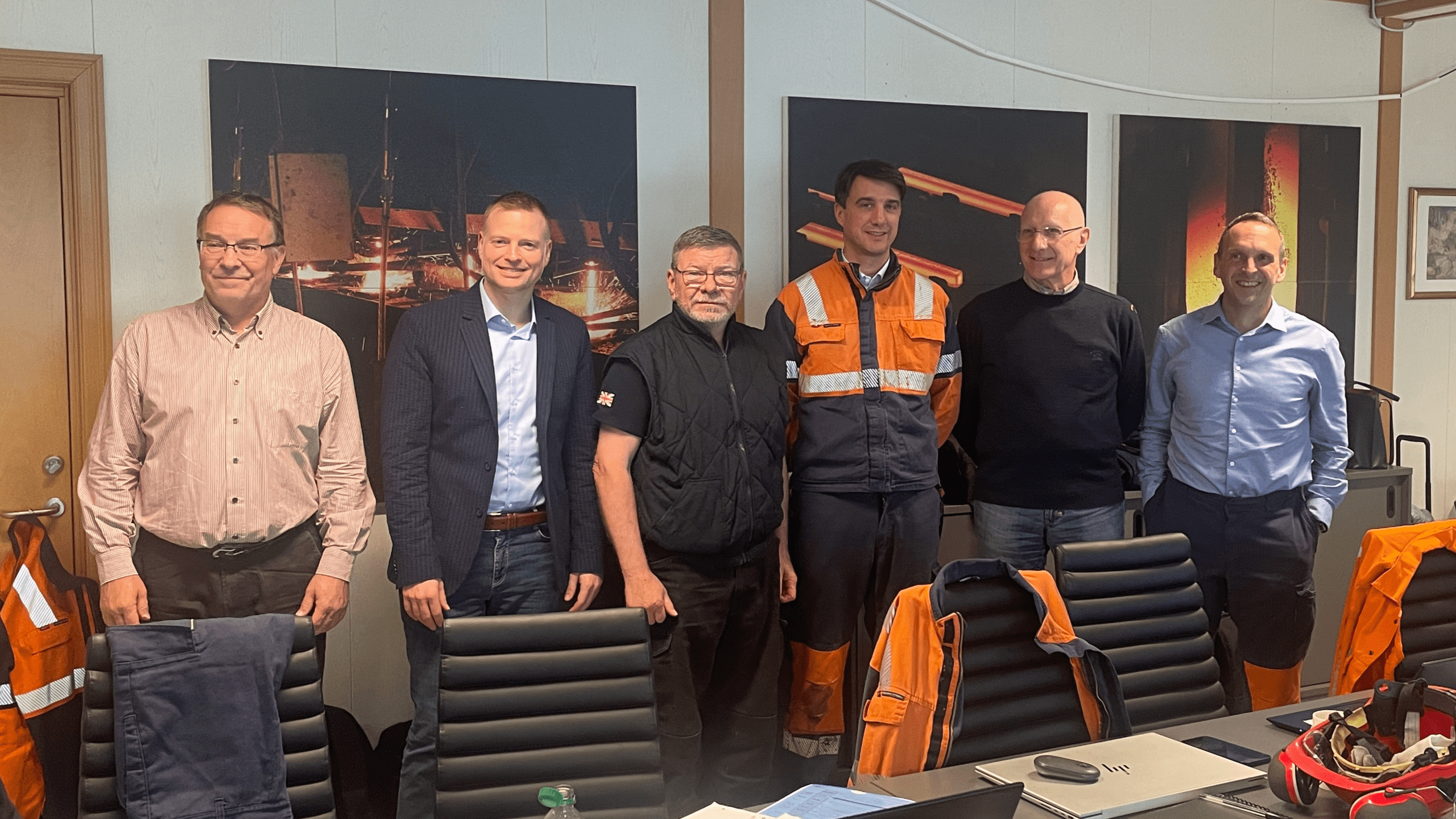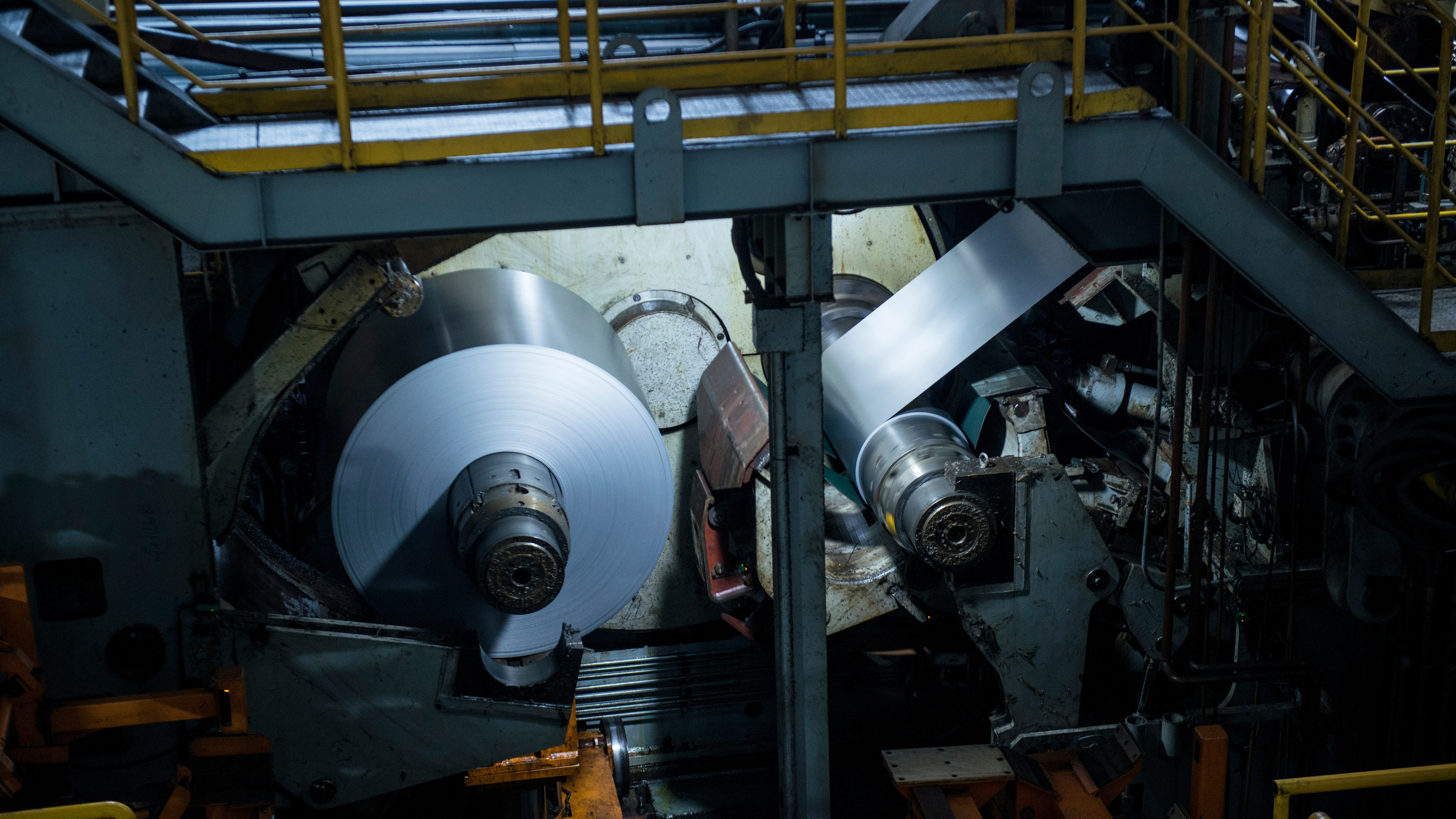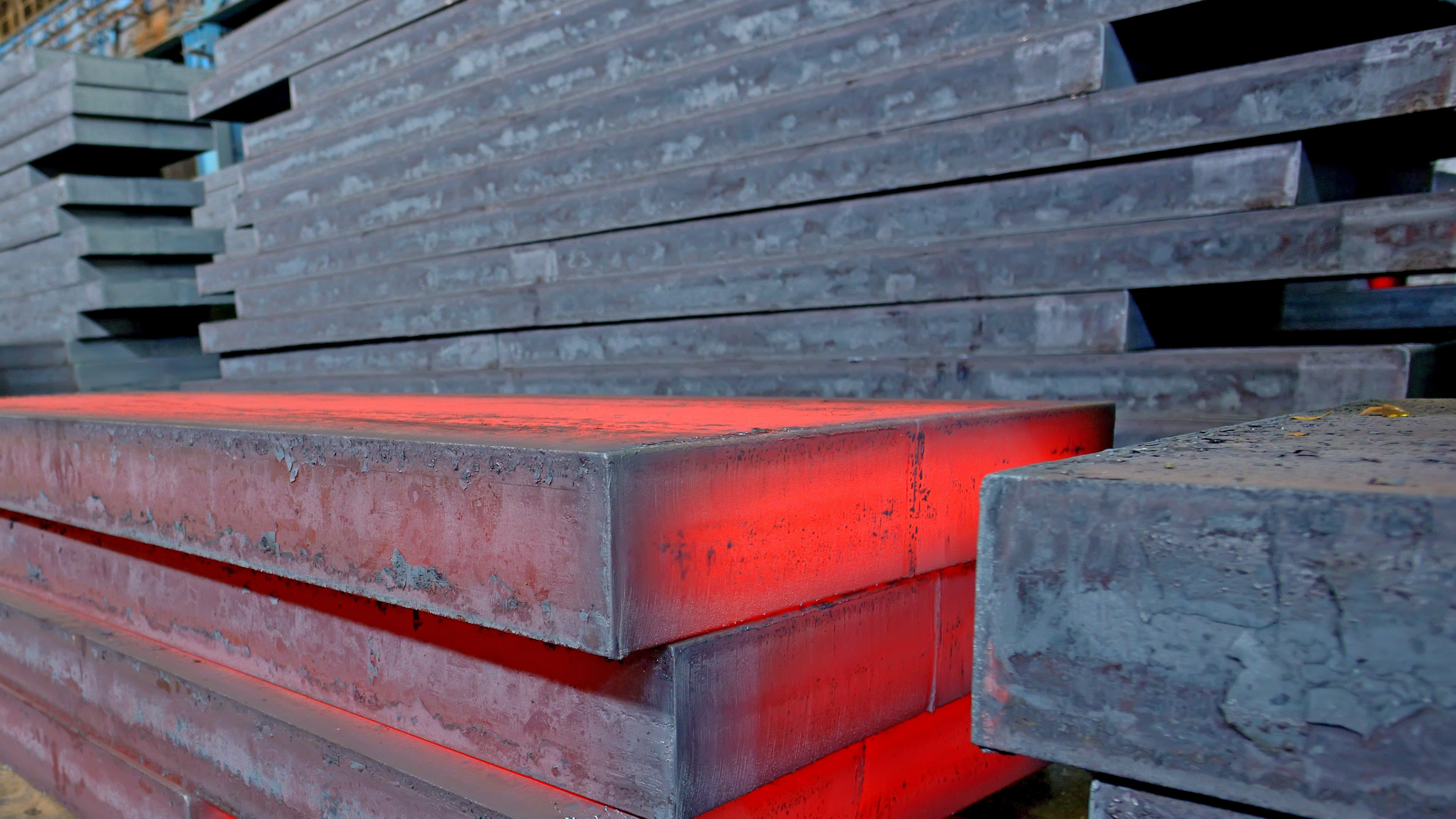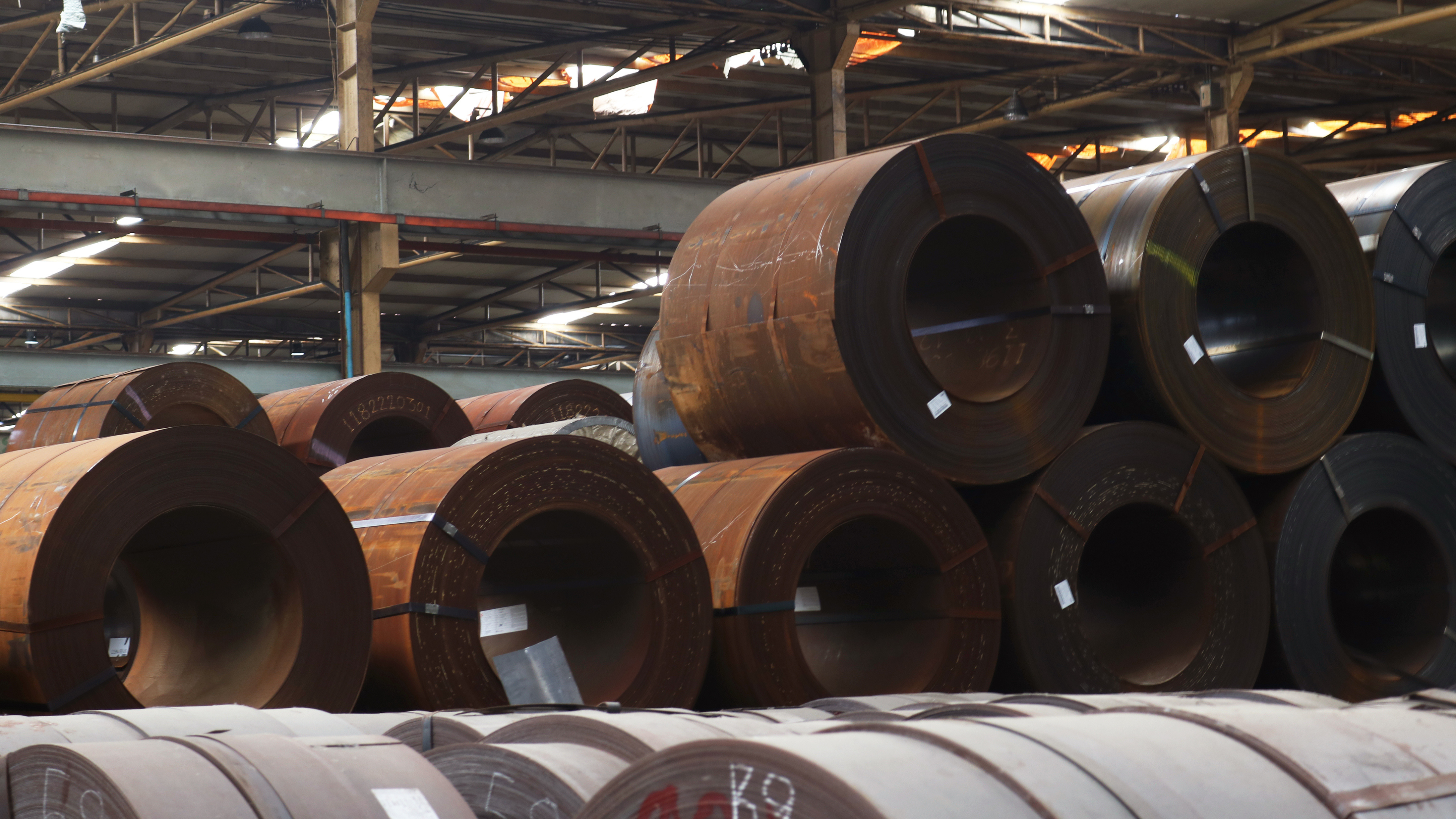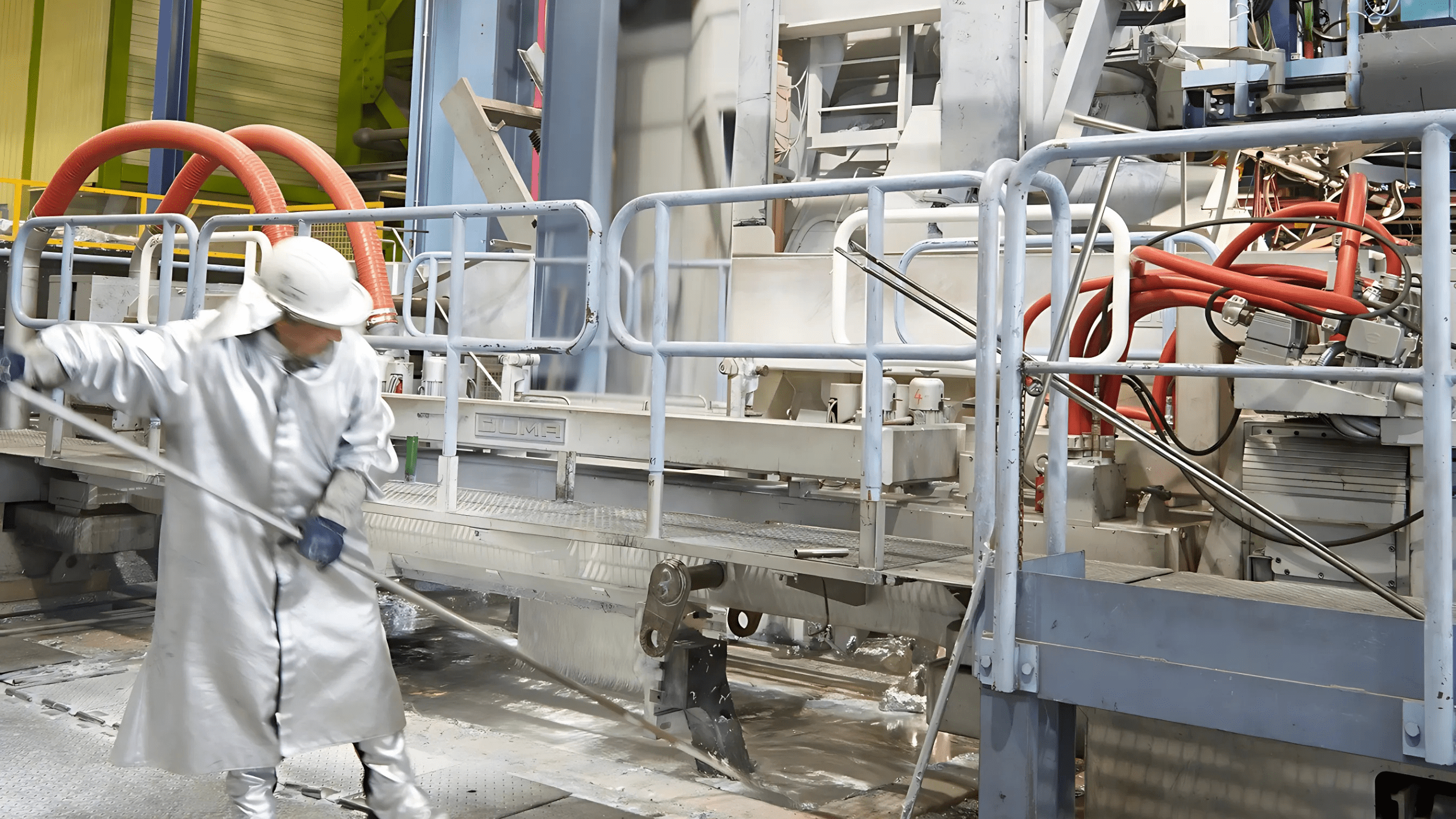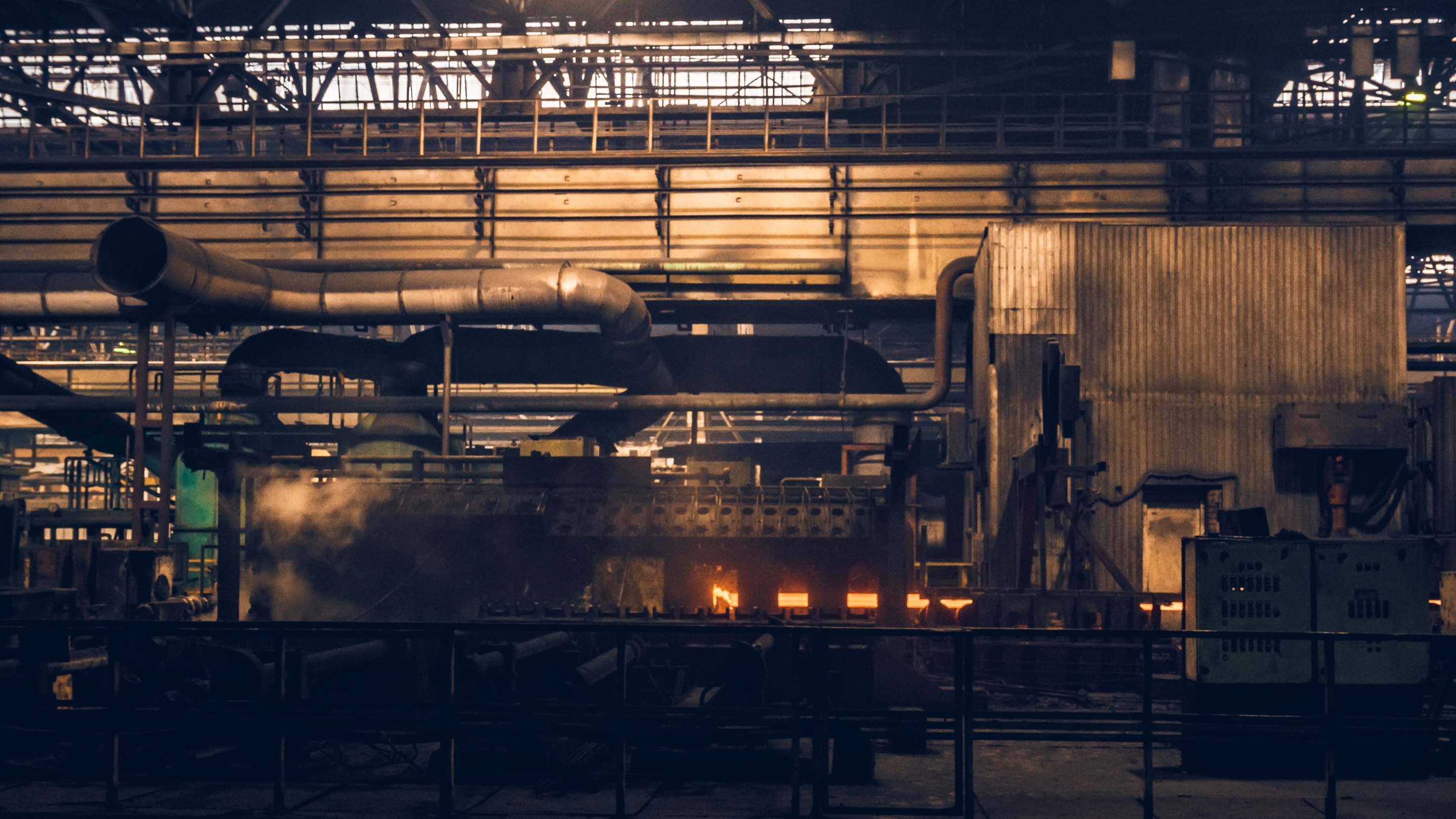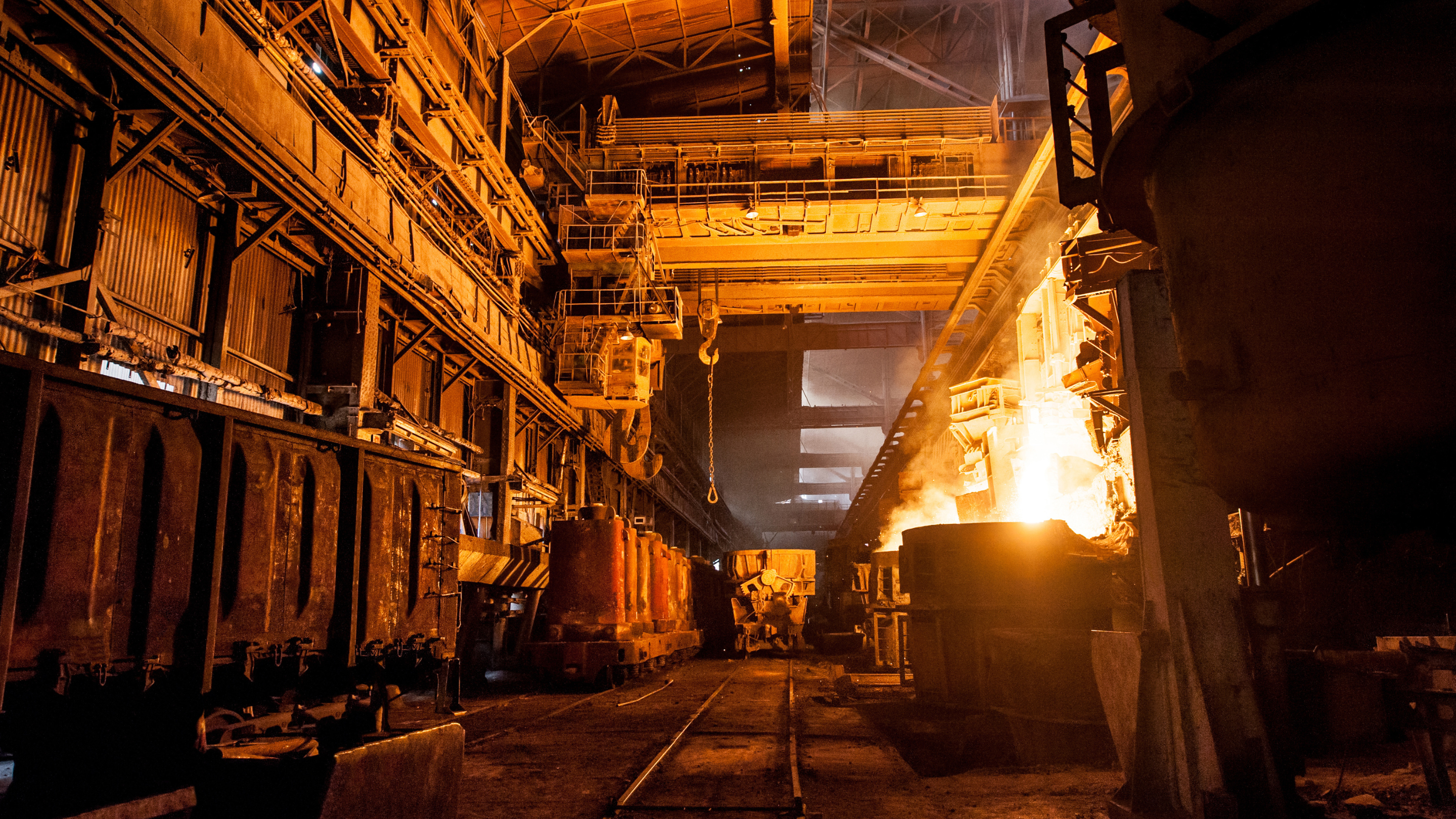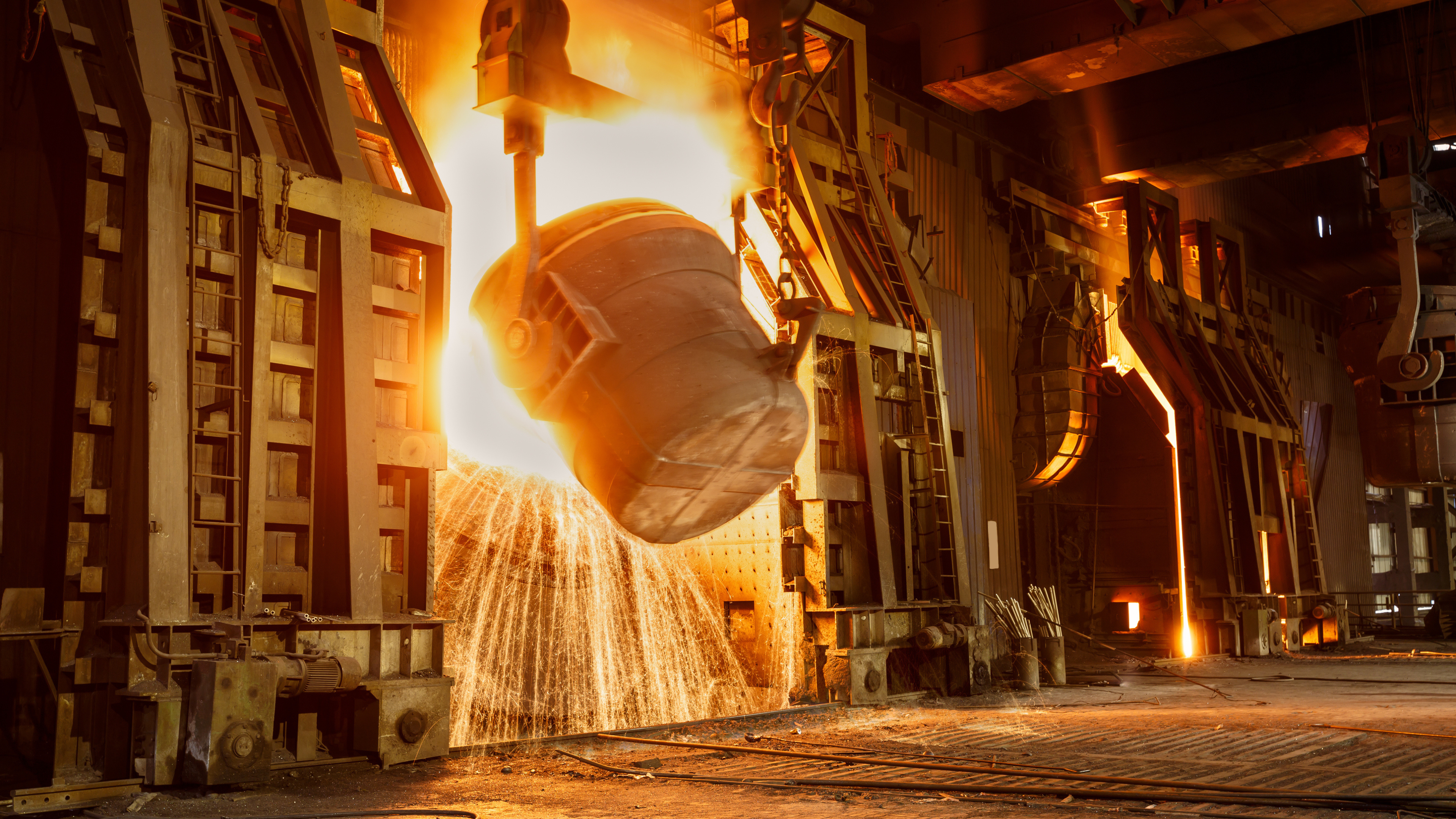How to Run an Effective Due Diligence on a Steel Plant
If you are considering acquiring a steel plant, you must do your due diligence. In the complex world of mergers and acquisitions (M&A), a thorough due diligence (DD) process is paramount, especially when dealing with highly technical assets like steel plants.
And by thorough due diligence, we mean an independent analysis that goes beyond the information provided by the seller, aiming to answer two critical questions:
- Is this asset a good fit for our portfolio?
- At what price should we bid?
Conducting a due diligence, while necessary, is also a nuisance. It is often a costly and frustrating process for the potential buyers, who bear its cost without any guarantee to close the deal, as well as for the sellers, who must open their books and operations to external parties without knowing which of them eventually acquires them. So, here are the steps you must take to conduct a thorough due diligence when merging with or acquiring a steel plant.
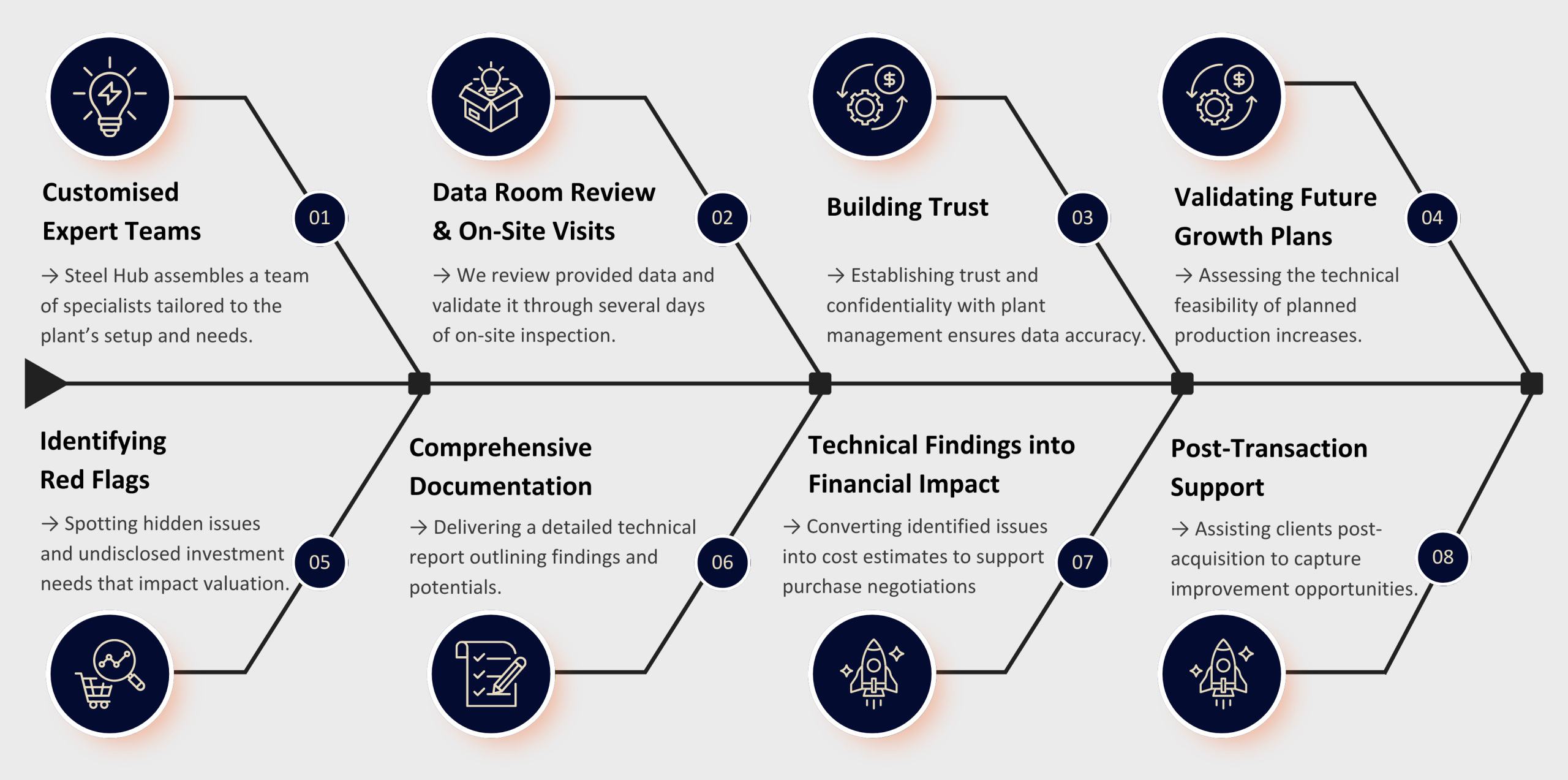
Core Components of Due Diligence for Steel Assets
Due diligence is a comprehensive term encompassing several key activities. The most common types include:
- Financial due diligence: This involves scrutinizing profit and loss statements, balance sheets, and cash flow statements, along with margins and debt structures. The goal is to establish a fair value for the asset, usually by discounting its expected future cashflows.
- Legal due diligence: Focuses on uncovering any legal risks associated with the asset.
- Tax due diligence: Examines tax-related matters, such as effects from cross-border transfer pricing, and explores tax optimization potentials.
- Commercial due diligence: Assesses the prospects for profitable future growth, analyzing market conditions, competition, products and customers.
- Operational or technical due diligence: Crucial for manufacturing industries, this checks for any red flags in the technical plant setup and production processes.
While financial, legal and tax due diligence are standard across M&A deals, Operational (Technical) and Commercial Due Diligences are particularly vital for the steel industry, and these are the areas where Steel Hub specializes. Their neglection by investors who lack technical and sector-specific expertise can lead to bad surprises and previously unknown investment needs after a purchase.
Operational/Technical Due Diligence: Uncovering the Truth
For a technical industry like steel, operational or technical due diligence is not merely an option but a mandatory step to avoid significant post-acquisition issues. Steel Hub distinguishes itself by offering a deeply technical analysis that goes beyond the common capabilities of the general management consulting firms.
Steel Hub’s key areas of analysis include:
Production efficiency & bottlenecks: We analyze process efficiency by validating production performance data through visual inspection and screen for bottlenecks in the production layout, enabling us to identify options for future performance improvement.
Supply chain: This involves a detailed look at current raw material procurement strategies, the reliability of suppliers, the quality of input materials, and the plant’s exposure to price fluctuations.
Product capabilities: We validate the plant’s current product mix, since it is common to find discrepancies between a plant’s advertised product catalog and its actual technical capabilities. Furthermore, our experts often identify adjacent, more profitable product niches that could be served with minor adjustments to production technology, leading to creative ideas we share with the buyer exclusively.
Quality: Understanding defect statistics and types is critical, especially when aspiring to serve new clients with high-quality demands.
Scalability: A primary concern for investors looking to increase asset value is the potential to expand production capacity. We determine if expansion is feasible, what investments are needed for it, and whether the seller’s current growth forecasts need to be adjusted as a consequence of technical feasibility analysis.
The Biggest Trap: Hidden Investment Needs
Perhaps the most significant risk for steel plant buyers is hidden investment needs. Buyers, particularly financial investors without a steelmaking background, have great difficulty accurately assessing the technical condition of assets. For instance, we have encountered situations where a seller claimed to have several functional rolling mills, but our inspection revealed one was completely dysfunctional and served as a spare parts warehouse.
In another instance, a melt shop’s underperformance pointed to outdated equipment, signaling a potentially significant investment need. Such investment needs, often in the double or even triple-digit million range, should be factored into the target purchase price by the buyer and present a key component of Steel Hub’s value added.
We also scrutinize and validate the seller’s future investment ideas, for instance a proposal for installation of a green hydrogen-powered furnace. While innovative, we assess its practical implications, such as the impact on production performance and the availability of sufficient green hydrogen supply, to prevent buyers from falling into a trap of ill-conceived initiatives and significant capex commitment.
Automation Status and Data Challenges
Another frequently overlooked area is the status of automation of a plant. Many steel plants, especially older ones, operate with outdated production control systems. While currently operational, these systems pose a long-tail risk of major production failures if not renewed within a specific timeframe. We make these risks transparent to our client and advise on necessary upgrades.
Buyers also often face data availability challenges. Sellers can be hesitant to share confidential data to a potential buyer, and sometimes the data that is provided turns out to not accurately reflect actual operational performance. This necessitates on-site verification. For example, when evaluating an Electric Arc Furnace (EAF), a key performance indicator is its tap-to-tap time—the duration of a heat cycle, processing scrap into molten steel. If reported times are below benchmark, our experts dig deeper. They might literally sit in the melt shop for hours with a stopwatch to validate performance and understand why capacity is not being met, examining factors like scrap input mix, bucket size and causes behind excessive power-on/off times. Unlike firms that merely review reports, Steel Hub’s specialized expertise allows us to complement reported data with on-the-ground validation, uncovering the “why” behind performance issues and potentially “rewriting” official reports.
While energy prices present a significant cost component for steel manufacturers, they are less influenceable by the buyer post-acquisition. However, our operational due diligence will assess internal energy consumption figures and identify potential inefficiencies or optimization opportunities within the plant’s control.
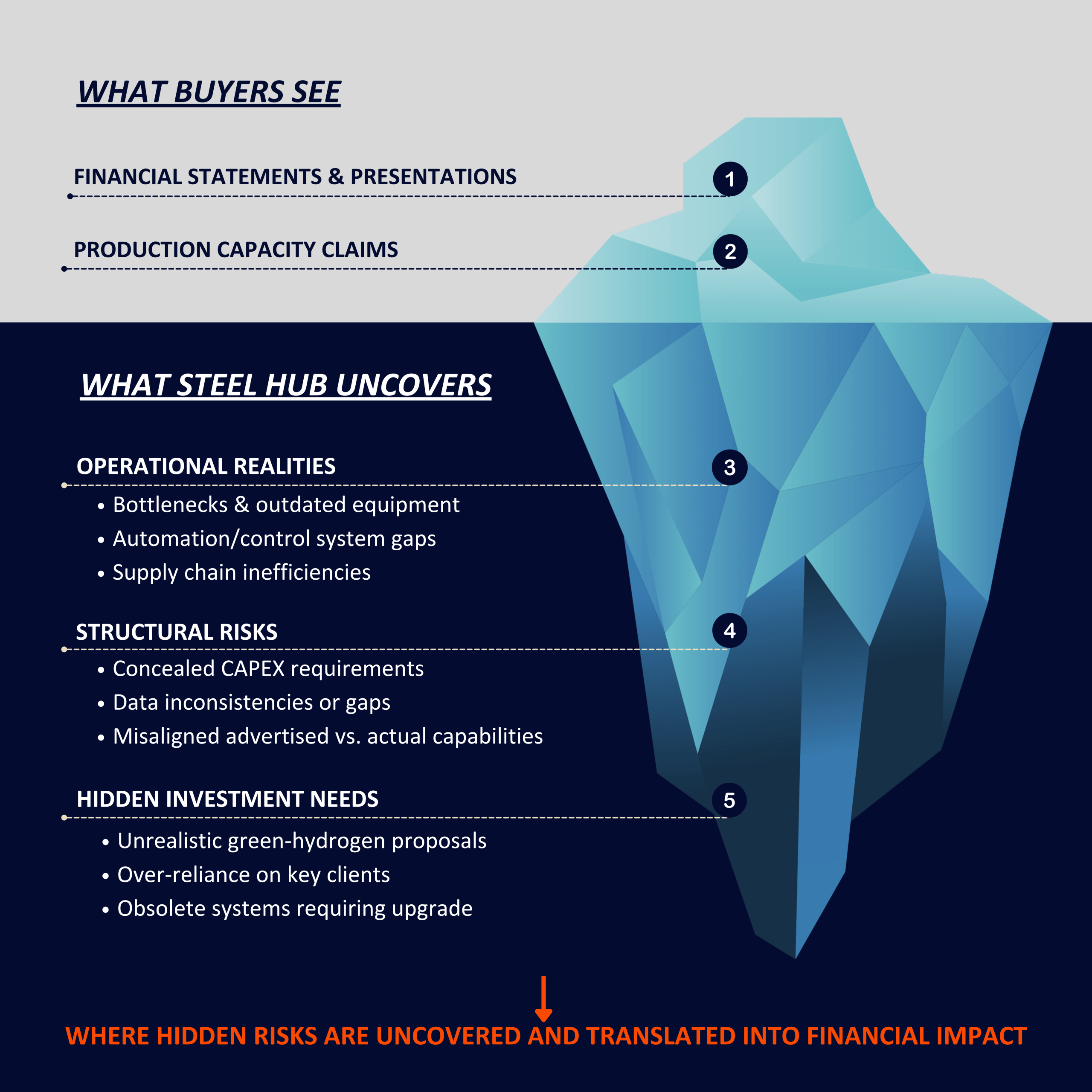
Commercial Due Diligence: Navigating Market Complexities
Commercial due diligence focuses on market outlook, competition, product mix and customer structure to determine prospects for future profitable growth. The steel industry, in particular, faces unique complexities:
- Market dynamics: Significant product price fluctuations and profitability shifts are inherent to the steel market.
- Regulatory hot seats: As both a major employer and a heavy contributor to CO2 emissions, the steel industry is subject to intense regulatory activity, including subsidies, tariffs, and initiatives for cleaner production methods like green-hydrogen-based steelmaking.
- Geopolitical risks: Events like the war in Ukraine or tariffs (50% tariff on steel products into the US, for instance) dramatically impact commercial viability.
Steel Hub’s commercial due diligences leverage our steel experts who possess market insider knowledge that go far beyond what is provided in common market reports. We do not only assess the current market positioning but also identify adjacent, more profitable product niches that a plant could target with minor adjustments. This analysis capability is often enhanced by combining commercial with technical due diligence.
We also thoroughly assess the plant’s customer base and sales pipeline. This includes screening customer data, performing ABC analysis to understand revenue and profit distribution among customers, and identifying over-reliance on a few large clients. We also consider how well the plant can meet future customer demands and required product qualities in new target markets.
The Steel Hub Due Diligence Process
When a client engages Steel Hub for due diligence, they can expect a structured and comprehensive approach. When financial, legal, and tax due diligence steps provide green flags, we typically receive the request for commercial and technical due diligence.
Our process involves:
- Customized expert teams: For every project, Steel Hub assembles a specialized team of experts tailored to the specific setup and specifications of the plant in question. This plant-specific expertise is a significant value proposition.
- Data room review and on-site visits: While we review data rooms (e.g., for plant drawings, performance data, investment plans) in order to draw initial hypotheses, we understand that this data can often be poor or incomplete. Therefore, crucially, on-site plant visits are performed, usually lasting several days, for visual inspection of plant equipment, performance analysis and validation of the seller’s claims.
- Building trust: During these visits, building trust and maintaining confidentiality with plant management and operators is key to obtaining the necessary, but confidential information for the client.
- Validating future growth plans: We validate the feasibility of ambitious future production ramp-up plans from a technical standpoint, advising on what must happen for these goals to be met.
- Identifying red flags: Crucially, we inspect the condition of the plant’s equipment and highlight red flags, alerting the buyer to potentially tens or even hundreds of million dollars in undisclosed investment needs.
- Comprehensive documentation: Following the visit, we produce a comprehensive technical report, typically around ~100 pages, detailing our findings on the plant’s technical aspects, uncovered problems and future improvement potentials.
- Translating technical findings into financial impact: A critical step is translating our technical findings into financial implications. This includes estimating the “price tags” for fixing identified issues, which is invaluable for adjusting the purchase price and aiding the buyer in negotiations with the seller.
- Post-transaction support: After a successful acquisition, Steel Hub can continue to assist clients with operational improvements based on the problems and opportunities identified during the due diligence process, for future value capture.
Partnering for Informed Investment Decisions
Navigating steel plant investment requires effective, specialized due diligence expertise to make truly informed decisions. Steel Hub provides the deep operational and commercial expertise necessary to avoid the common pitfalls of hidden investment needs, to accurately assess the true condition of assets, and to uncover future improvement potentials. Our unique blend of industry insider knowledge, technical deep-dives, and professional consulting approach equips buyers with the knowledge required to succeed in complex M&A deals within the steel industry. If this sounds like a service you need, let’s talk.
____________________________________________________________________________________________________________________________
Author:
Jack Jörg Leib
Steel Hub, founded in 2016, is a technical consultancy specialising in offering customised solutions for the steel industry. We work together with our clients to deliver practical solutions to their company achieving optimised plant performance and long-term value, we proceed by engaging our diverse team of technical consultants, who are equipped to address every need.
